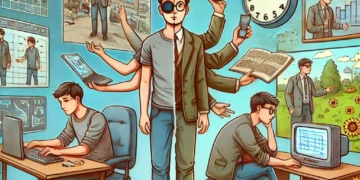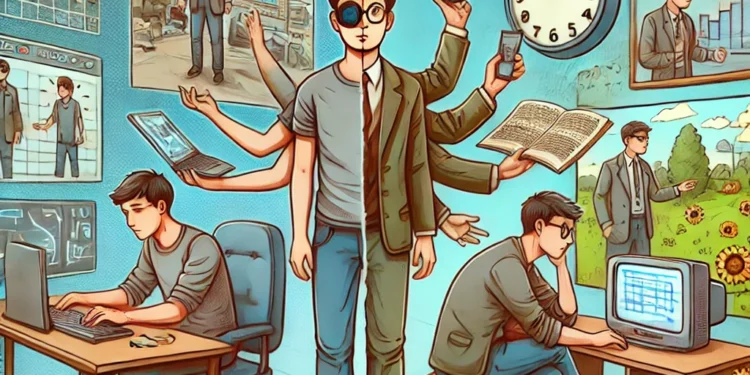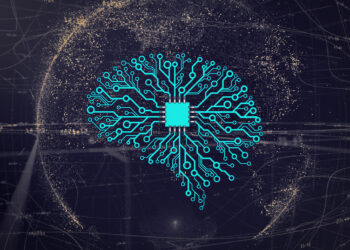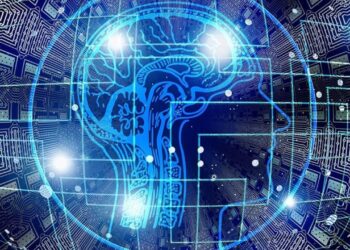Today, while sitting in a café sipping our coffee, we often find ourselves reminiscing about past memories while simultaneously scrolling through social media. We are physically present in one place, but mentally journeying through different worlds. This is where a concept that has become an integral part of our daily lives comes into play: Schizochronotopia. But what exactly is this complex term?
The origin of the word can be traced back to Greek, comprising three fundamental elements: “Schizo” (division), “Chrono” (time), and “Topos” (place). In essence, schizochronotopia refers to a fragmented perception of time and space. It may sound like something out of a science fiction novel, but in reality, it has become one of the biggest truths of the digital age.
The Timelessness of the Digital World
Think about it… In the morning, while rushing to work, you’re checking your emails and scrolling through social media simultaneously. Stuck in city traffic, you’re looking at pictures from a past vacation while planning an upcoming meeting. This is schizochronotopia in action!
Although this concept may seem like a modern phenomenon, similar instances can be found throughout history. Renaissance art, for instance, often depicted multiple timelines intertwined. Mythology also blended the past, present, and future into a single narrative. However, with the rapid pace of digitalization today, this perception has become far more prominent.
Positive or Negative?
Schizochronotopia certainly has its advantages. The sense of being in multiple places at once can enhance productivity and provide different perspectives, fueling creativity. For example, a writer can draw inspiration from the past, present, and future all at once. But there’s another side to the story…
Constantly focusing on the past or future can cause individuals to miss out on the present moment. This fragmented perception often leads to issues such as anxiety and depression. The human brain has evolved to remain present and enjoy the moment. However, the digital age disrupts this balance, forcing our minds to constantly shift between different timelines.
How Can We Manage It?
There are several ways to control this fragmented perception of time and space. Firstly, practicing mindfulness exercises can be crucial. Learning to stay present and developing mental awareness are effective methods to counteract this issue.
Another solution is digital detox. Limiting social media usage to specific hours and setting aside screen-free time each day can help the mind reset and regain focus.
Finally, having strong time management skills is essential. Living a planned and organized life can provide a structured approach to escaping the chaos brought on by the digital world.
In Conclusion…
The digital age offers us countless opportunities, but it also fragments our perception of reality. The concept of schizochronotopia encapsulates what many of us experience but have only recently begun to articulate. The key lies in learning how to manage this perception and find balance in our lives.
Let’s take a break from our screens for a while and truly enjoy being in the moment. What do you think?



































